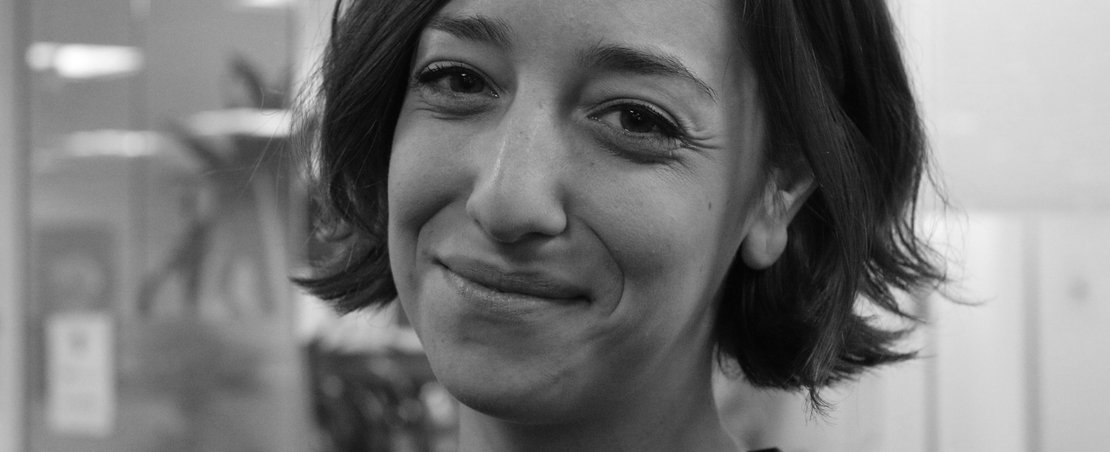
In the first in a series of posts reflecting on lessons so far, R&D programme lead Miranda Marcus focuses on how practical advocacy has been used – one of the ODI’s three strategic levers for achieving sustainable change
By Miranda Marcus
We launched the ODI Research and Development programme in 2017 with the aim of developing knowledge and understanding on how data can support the next generation of public and private services.
Data drives innovation by and for government, individuals, businesses, startups and communities. From bus timetables to biomedical engineering, data is being collected, accessed, used and shared in ways that underpin countless products and services around the world. The shift from data generally being scarce and difficult to process to abundant and easy to use has created opportunities for previously impossible services, and enabled existing services to identify ways to improve and be more efficient.
But harnessing its value for economic and social benefit – in ways that support innovation and deliver social justice – is hard. Services are complex and include ecosystems of actors and organisations, each with different roles and responsibilities.
Data can enable us to innovate, create more efficient and effective services and products, and fuel economic growth and productivity. To bring about this future, we must make data as open as possible while protecting people’s privacy, commercial confidentiality and national security. We need to find the right balance for societies and economies to feel data’s benefits fairly.
The ODI’s R&D programme aims to support innovation, improve data infrastructure and encourage ethical data sharing by looking at how access to data can be increased, while maintaining trust.
These are big, often very abstract ideas and problems which are often hard to relate to, so we seek to understand the needs and experiences of specific communities and sectors to help explore them. From that we make – and test – simple, pragmatic tools and recommendations for services that meet those needs.
This is the first in a series of blogposts reflecting on lessons learned and how far we have some in the programme. It focuses on how we’ve used practical advocacy in R&D – one of our three strategic levers for achieving sustainable change.
Practical advocacy as a method
To achieve change, we need to advocate for it. But we also need to ensure our arguments are based on practical experience, and that relevant organisations have the support and tools they need to adopt the changes we advocate for, and that we speak their language..
Our practical advocacy is made up of three types of activities:
- advocacy that raises awareness of the issues with the organisations who need to take action; this includes framing the arguments, targeting the right people, and communicating with them in ways that change behaviour
- tools that lead organisations through the steps they need to take; these include design tools that help structure exploration and discussion of an issue and acting tools that provide support for the activities people need to take part in
- learning that enables organisations to pick the best course of action; this includes gathering evidence about the growing body of research and practice to identify what works and sharing that knowledge through in-person and online training
We need to understand the people and organisations we seek to change, their experiences and challenges. Our practical advocacy includes working with organisations – from multinational companies and governments to startups and cities – which enables us to learn about what they, and organisations like them, need.
In R&D, sometimes our practical advocacy takes the form of tools – such as the Data Ethics Canvas or Standards Guidebook. Sometimes they are reports, such as our report on ‘The role of data in AI business models’. Sometimes they are technical prototypes, such as our pre-publishing tool Octopub. And sometimes they are design prototypes, such as our work on open APIs for the telecoms sector.
We think this works because it creates tangible tools and insights to help individuals and organisations understand large topics – such as data ethics – in simple, pragmatic ways. Often with these topics, we find people say, ‘I know this is important but I’m not sure where to start.’
We can’t all become philosophers (much as AC Grayling might disagree), and we can’t see the future, which can make it hard for those using and working with data to take responsibility.
Tools such as the Data Ethics Canvas help those working with data to ask the questions that will help them take ownership of their data ethics. Completing a canvas may not future-proof your product, but it will help think through the possible impacts of data use and offer a frame of reference if something does go wrong.
Likewise, an open API pattern library for telecoms data may not solve all the questions and barriers raised in the sharing of highly sensitive personal and commercial data. But it does help us think through the potential benefits of doing it, and how we might look to implement trials through the prototypes, galvanising early adopters to try something new and disrupt the sleeping giants of their sector.
In the next few posts in this series, we will share a toolkit for open research, how we are measuring impact, the lessons we have learned, and what we will focus on in year three of the programme.
If you would like to discuss the ODI’s R&D programme, get in touch with [email protected].